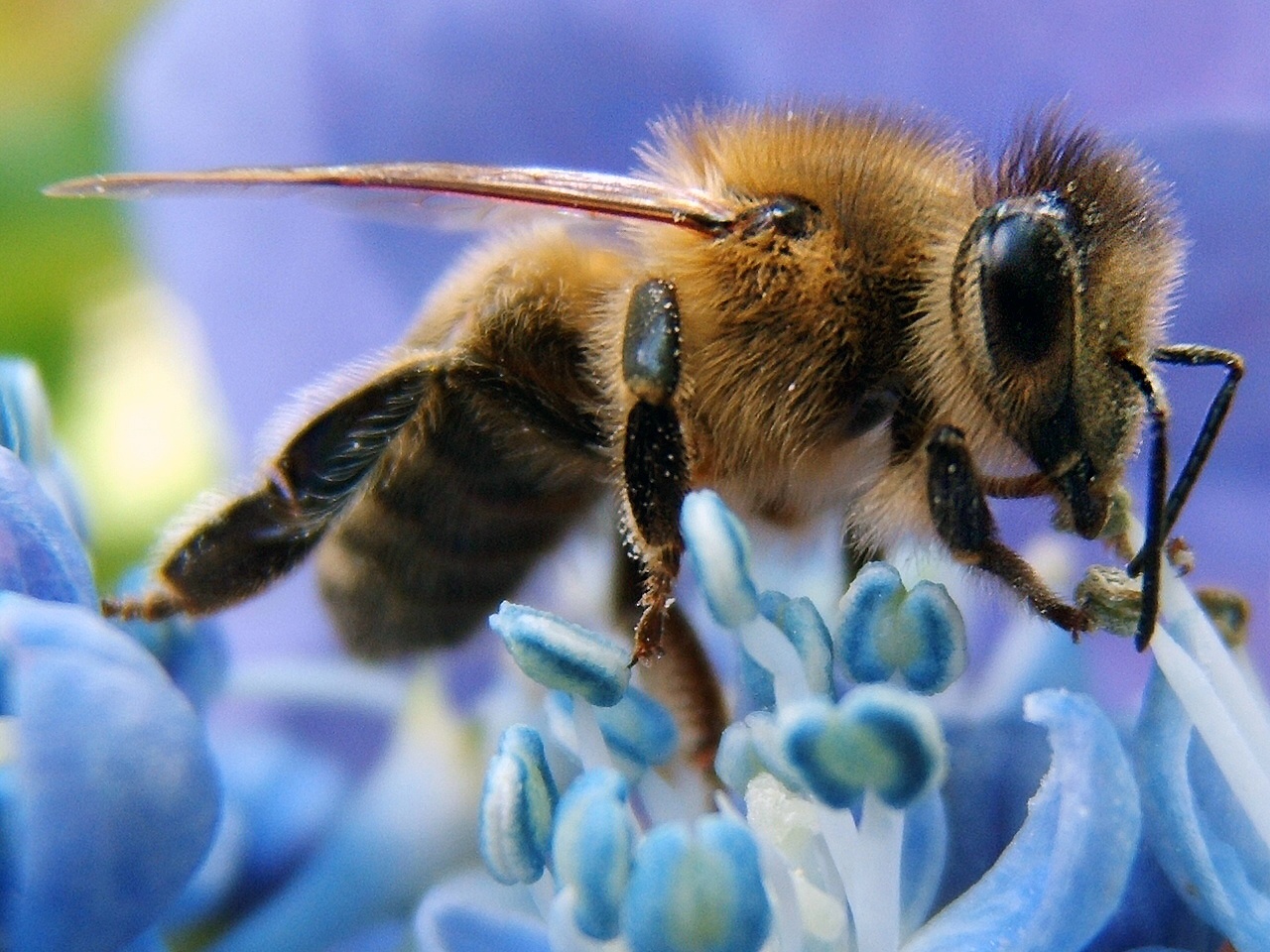“Bee friendly” plants pre-treated with pesticides that actually harm or kill bees have been found in garden shops of Lowe’s, Home Depot and other big box stores.
An estimated 50,000 dying and dead honeybees were found in the parking lot of a Target store in Wilsonville, OR after Safari, a neonicotinoid pesticide, was sprayed on nearby linden trees.
A study co-authored by Friends of the Earth and the Pesticide Research Institute found neonicotinoid pesticides in 7 of 13 vegetable and ornamental plants for sale at Lowe’s and Home Depot stores sampled in three major metropolitan areas.
Neonicotinoids (sometimes known as neonics) are neurotoxins harmful to humans and bees.
In an article, Lisa Archer, director of the Food and Technology Program at Friends of the Earth said: “Bees are essential to our food system and they are dying at alarming rates. Neonic pesticides are a key part of the problem we can start to fix right now in our own backyards.”
Emily Marquez, staff scientist at Pesticide Action Network says: “Studies indicate that widespread use of systemic pesticides like neonicotinoids is contributing to major bee kills around the globe. And even at doses that don’t kill bees, neonics weaken bee immune systems and impair critical brain functions, making it hard for bees to find their food sources and return to the hive.”
According to EcoWatch, an environmental news service, neonicotinoids are found in many common products used in nurseries or retailers and sold to consumers for home garden use. They list the following products as sources of neonics:
Alias
Allectus
Aloft
Arena
Assail
Atera
Aura
Bithor
Bounty
Caravan
Coretect
Derby
Dino
Dominion
Equil Adonis
Flagship
Flower, Rose & Shrub Care
Gaucho
Grub-No-More
Grubex
Grubout
Hawk
I Maxxpro
Ima-Jet
Imi Insecticide
Imid-Bifen
Imida-Teb Garden SC
Imidapro
Imigold
Lada
Lancer Gold
Malice
Mallet
Mantra
Marathon
Meridian
Merit
Nuprid
Optigard Flex
Pasada
Pointer Insecticide
Pronto
Prothor
Rotam
Safari
Sagacity
Scorpion
Starkle
Tandem
Trimax
Triple Crown Insecticide
Tristar
Turfthor
Wrangler
Xytect
Neonicotinoids were implicated in the disappearance of honeybees, vital to the pollination of agricultural crops, since 2005. It is considered to be a major cause of colony collapse disorder (CCD) that has devastated honeybee populations all over the world.
Neonicotinoids are on average 7,000 times more toxic than DDT, which was banned in 1972.
A consortium of academic researchers, beekeepers and U.S. Department of Agriculture scientists estimated last winter that 31% of all bee colonies died or disappeared. Over one winter!
“We’re getting closer and closer to the point where we don’t have enough bees in this country to meet pollination demands,” said entomologist Dennis vanEngelstorp of the University of Maryland, who led the survey documenting the declines.
This is a serious problem. What can you do?
- First of all, don’t buy plants at Lowe’s or Home Depot. Tell your local store manager why.
- Ask your local stores to remove neonicotinoids on the list above from their shelves. Don’t buy them yourself and, if you have any in your garden supplies, dispose of them at your local hazardous waste disposal center.
- Ask questions in any garden center where you buy plants. I know in our area, a couple of big wholesalers supply most garden stores, so it may not be enough to simply avoid Lowe’s and Home Depot.
- As your municipal government to stop using pesticides on public land.
- Tell the Environmental Protection Agency to halt the production of deadly neonicotinoids now. http://www.thepetitionsite.com/takeaction/673/611/950/
Beyond their toxic effects on bees, research shows that neonicotinoids can cause human health problems, too. They have been shown to compromise the immune system and they have been implicated in a variety of cancers, including an upsurge of cancers among children of farmers.







